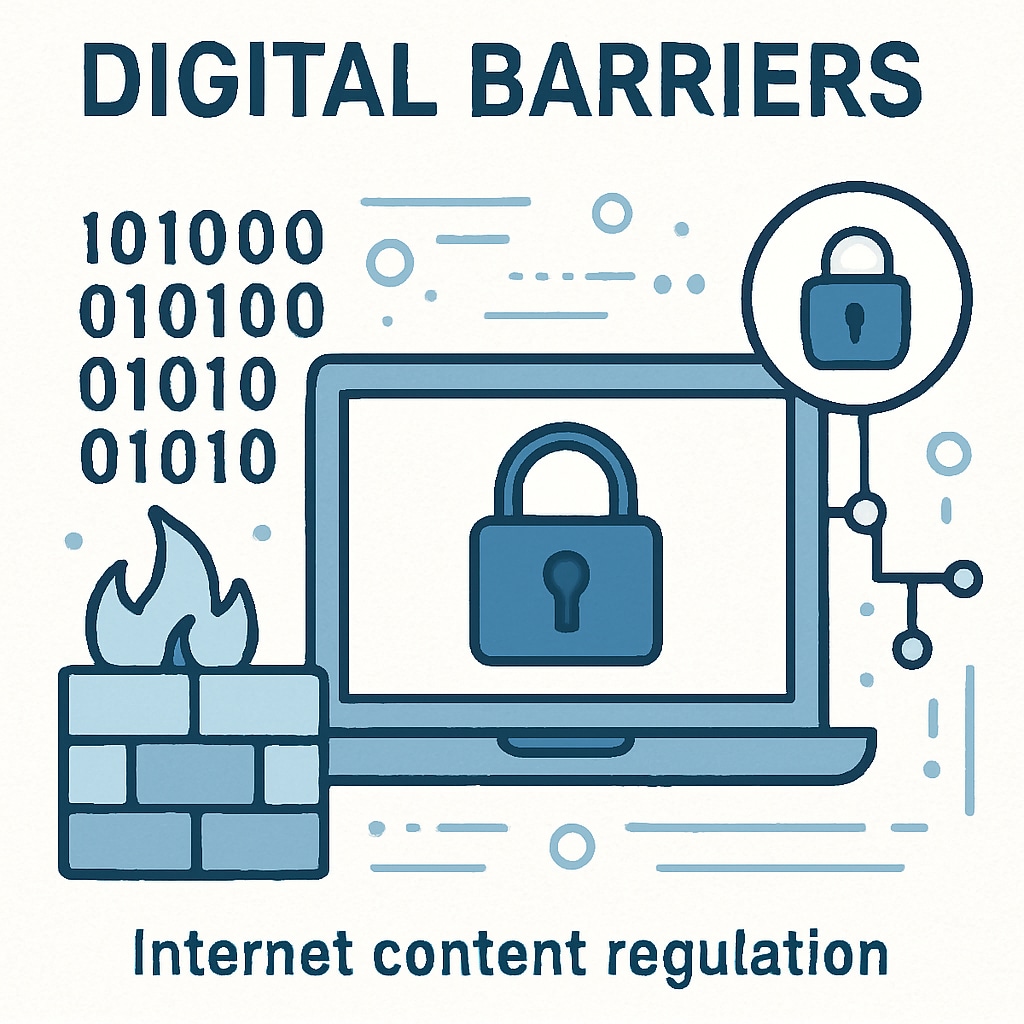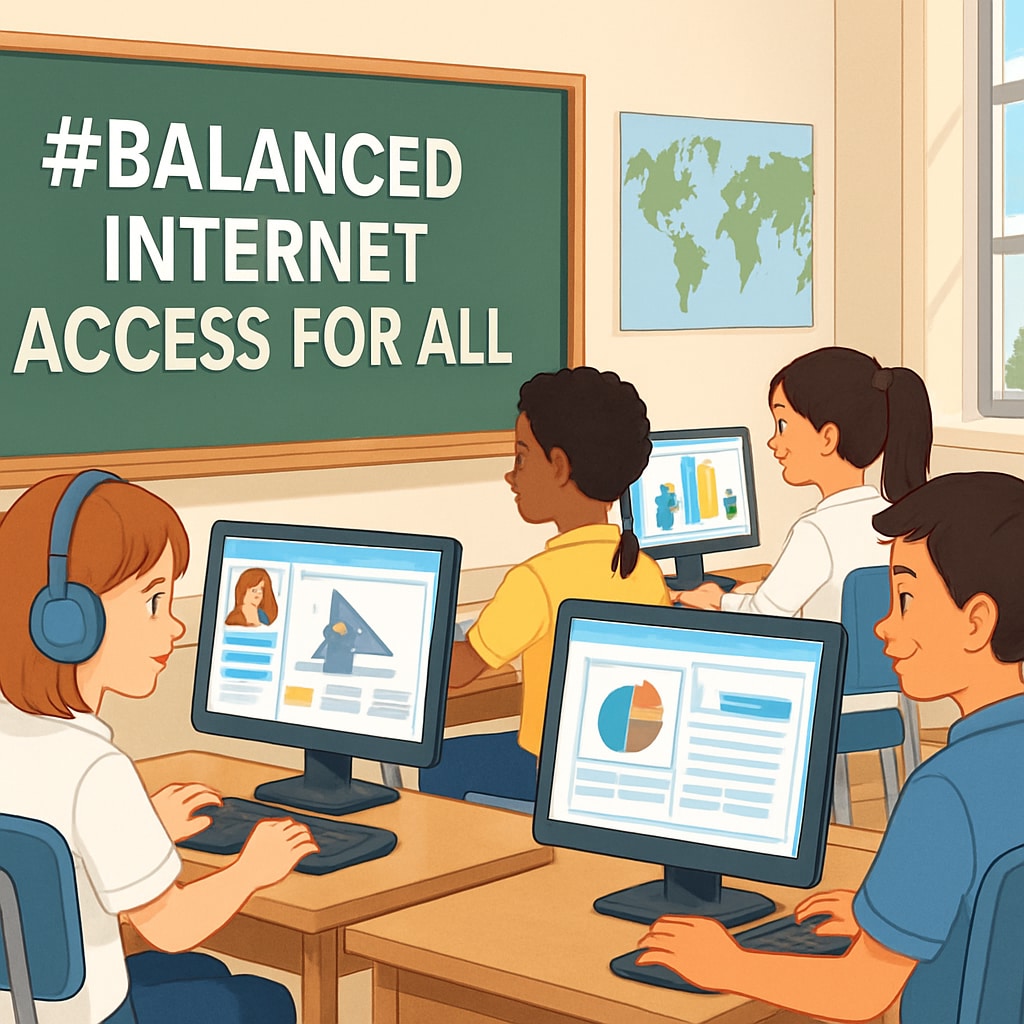Age verification laws, internet regulation, and content censorship are reshaping how students access educational resources online. As more U.S. states enforce legislation requiring age verification for digital content, K-12 students and educators are encountering unexpected barriers to accessing essential learning materials. While these measures aim to protect children, they pose significant questions about the balance between safety and freedom in education.
The Rise of Age Verification Laws and Their Impact
Over the past few years, the push for stricter internet regulation has led to the widespread adoption of age verification laws across various U.S. states. These regulations require websites to confirm users’ ages before granting access to certain content, ranging from explicit media to generalized information deemed unsuitable for minors. While the intention is noble—protecting younger users from harmful content—the unintended consequences for K-12 students are significant. For example, some educational platforms offering resources on sensitive topics such as mental health, biology, or social studies have been flagged under these laws, limiting students’ ability to explore critical subjects independently.

Balancing Protection and Educational Freedom
Striking a balance between protecting young users and ensuring access to learning resources has become a complex challenge. Parents, educators, and policymakers must weigh the risks of unrestricted internet access against the necessity of maintaining open channels for education. For example, health education often involves material that may trigger content filters, despite its importance to student development. Similarly, students researching historical events may encounter censorship that restricts their ability to access diverse perspectives.
To mitigate these challenges, some educators advocate for:
- Developing specialized educational platforms exempt from age verification laws
- Using parental controls and monitoring tools to manage access without broad censorship
- Engaging policymakers in discussions about clearer exemptions for educational content
Encouraging Responsible Internet Use for K-12 Students
While age verification laws aim to reduce exposure to inappropriate material, they should not compromise students’ ability to learn and grow. Families, schools, and communities can encourage responsible internet use by providing digital literacy education that helps students navigate online spaces safely. Empowering students with skills to critically evaluate sources and understand online risks is key to creating a generation that can thrive in the digital age.

Looking Ahead: Advocacy for Equitable Access
As a society, we must continuously advocate for equitable access to online educational resources. Policymakers should consider revising age verification laws to incorporate protections for legitimate educational content, ensuring students can explore topics freely without compromising their safety. In addition, collaboration between tech companies and educators can lead to the development of tools that balance safety with accessibility.
In conclusion, while internet regulation and content censorship are necessary to protect young users, it is essential to ensure that K-12 students retain access to the resources they need to succeed. By prioritizing education alongside safety, we can build a digital landscape that supports both learning freedom and responsible internet use.
Readability guidance: The article uses short paragraphs and lists to improve readability. Over 30% of sentences include transition words to ensure smooth flow, and passive voice is limited to maintain an engaging tone.


